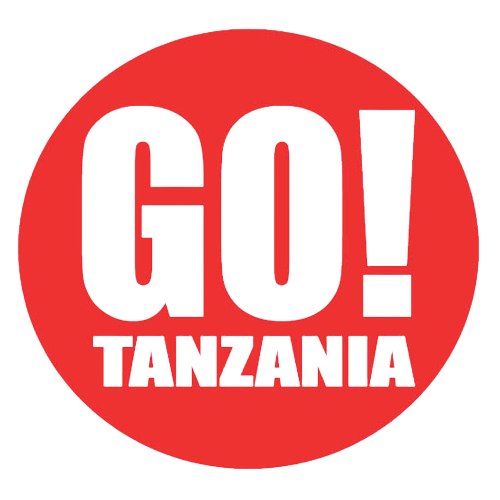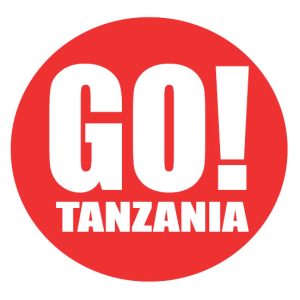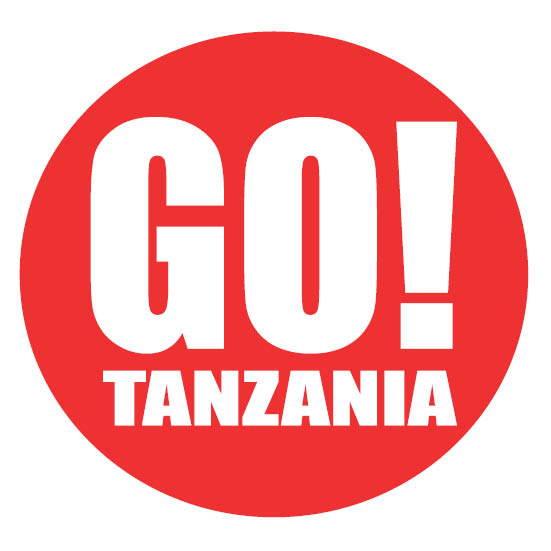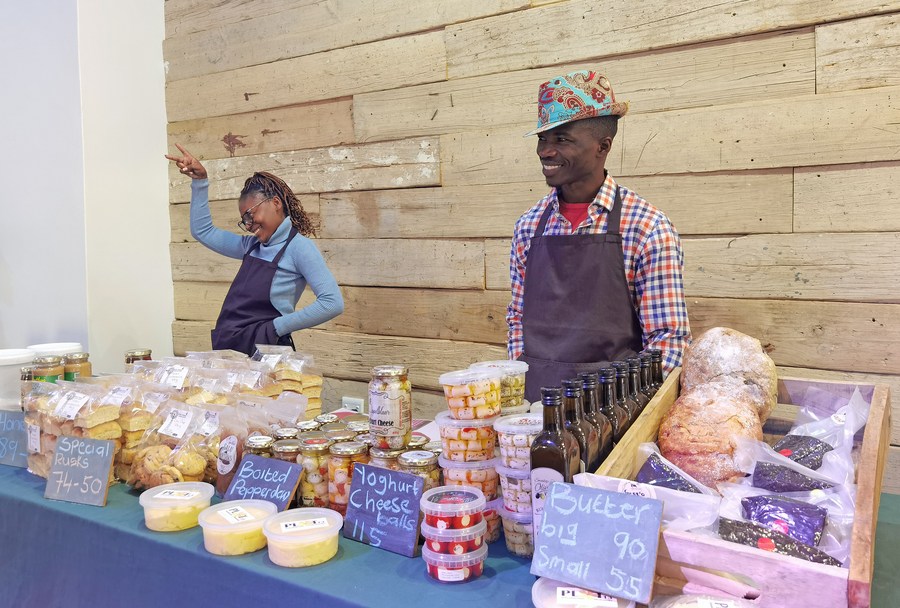
The Village Sunday Market Day in Windhoek, Namibia’s capital, is creating a trade space for local vendors to boost their businesses.
WINDHOEK – The Village Sunday Market Day in Windhoek, Namibia’s capital, is creating a trade space for local vendors to boost their businesses.
The market features diverse local products, including cosmetics, arts, health, food, fashion, home decor, and music.
“The market serves as a catalyst for economic development through trade promotion,” said Alain Seha of agricultural training firm Urban Eden, who established the market in 2022 during the COVID-19 pandemic.
The focus was to revive struggling local commerce affected by shop closures and disruptions in the supply chain due to the pandemic.
“During COVID, there were many restrictions, and the markets fell apart. I saw an opportunity and started the Sunday local market in my driveway at home with six vendors for free,” he said.
What started with just six vendors in Seha’s driveway has now grown to accommodate up to 50 vendors at bigger premises.
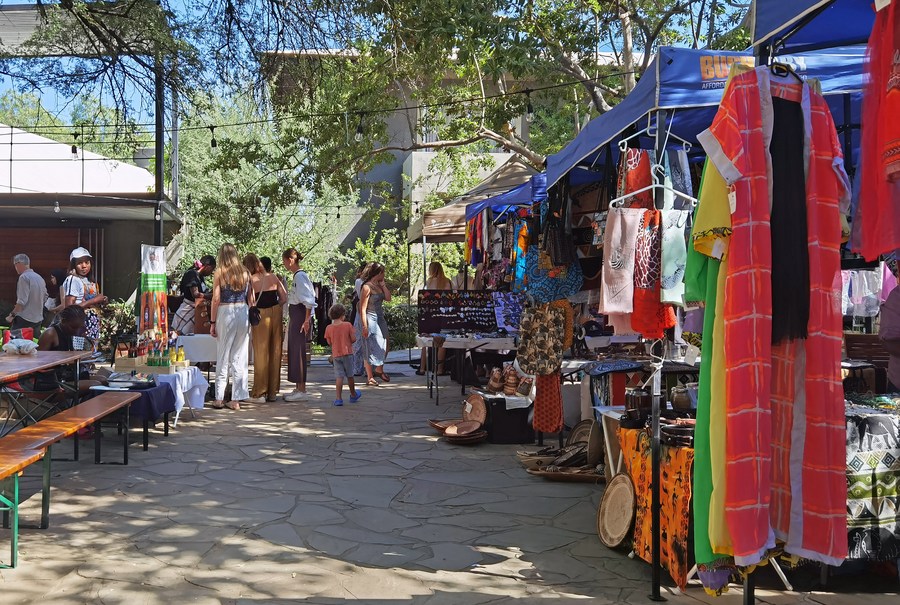
“What makes it unique is that the market strictly features locally made products to enhance the local trade in Namibia and promote cultural diversity,” he said, adding that the move aimed to prioritize health-conscious and organic products to promote overall well-being in the southern African nation.
According to Seha, vendors register to occupy space at the market and contribute 10 percent of their proceeds to corporate social responsibility, to be reinvested into the market’s logistical needs. Charity organizations are offered free space on market days.
The weekly market has become a thriving hub for trade, with vendors experiencing positive growth and impact on their businesses.
Namupa Nengola, chief executive officer of Pure Marula by Taneta, which manufactures organic health and beauty products, has been a vendor in the market since its inception and has witnessed the benefits of increased networking and sales.
“Beyond financial gains, the market has also helped raise awareness about our brand, popular marula oil, and fostered a sense of community among vendors and customers alike,” she said.
Gloria Simon, the owner of a catering and pepper sauce enterprise, credits the market for enhancing her business skills and customer relations.
“Each market day has increased client interaction and improved marketing strategies, resulting in self-confidence and better sales,” Simon said.
The market, popular among tourists, also attracts shoppers from afar. This, according to Nengola, helps her efforts to expand and export products to the Asian market, in addition to current shipments to the United States and Europe.
Despite the progress made, some challenges remain.
According to Seha, one key challenge is attracting a diverse range of vendors to cater to the public’s needs. “This is seen as a crucial step in the market’s growth.”
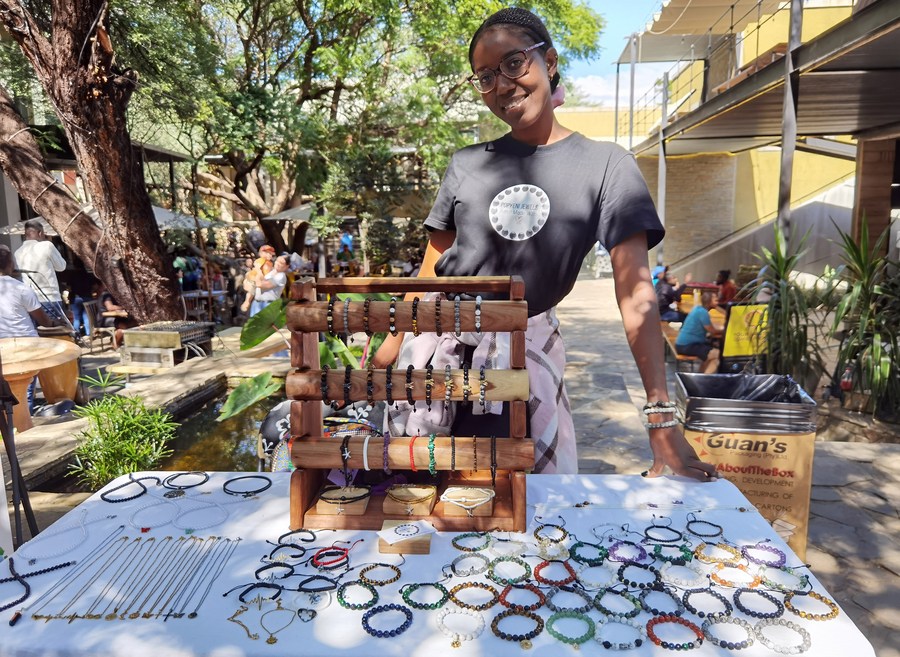
Seha hopes to attract more vendors with high demand and quality products to establish the market as a premier destination in Windhoek to aid the country’s economic growth.
In its economic outlook released early April, the Bank of Namibia projects a slowdown in the country’s economy for 2024, followed by a modest improvement in 2025.
Minister of Trade and Industrialization Lucia Iipumbu said that markets like Village Sunday Market play a crucial role in supporting the government’s Growth at Home Strategy, which aims to drive economic growth by diversifying the economy and strengthening the capacity of micro, small, and medium enterprises to supply goods and services to both domestic and export markets.
Xinhua
